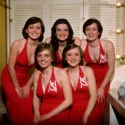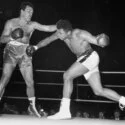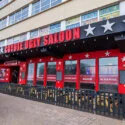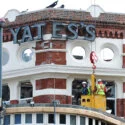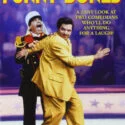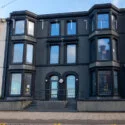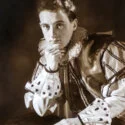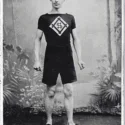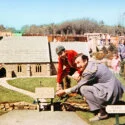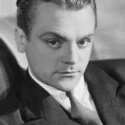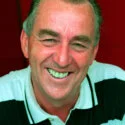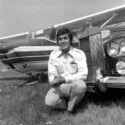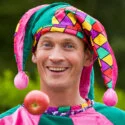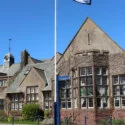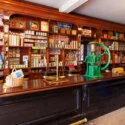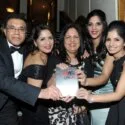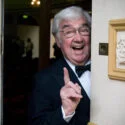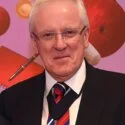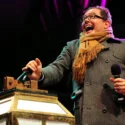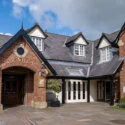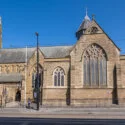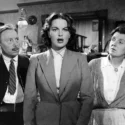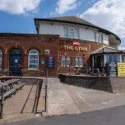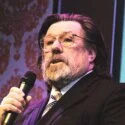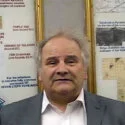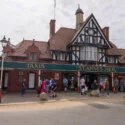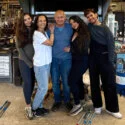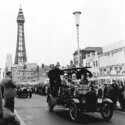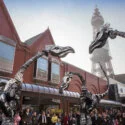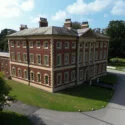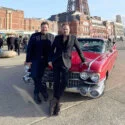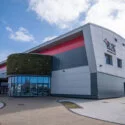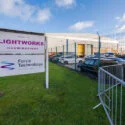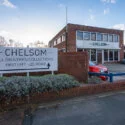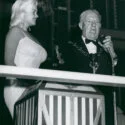Fylde Rugby Union Club, operates from the Woodlands Memorial Ground on Blackpool Road in Ansdell. The first team competes in National League 2 North, which is the fourth tier of the English rugby union system, following their relegation from National League 1 at the conclusion of the 2017–18 season. The club also fields two additional senior teams: the Hawks and the Vandals, which compete in the English North West Leagues, specifically in the NW Premiership and NW3 North, respectively. Additionally, there is a thriving Mini Junior Section and a Colts team that participates in the Lancashire & Cheshire regional leagues.
Fylde Rugby Club was established on 25 July 1919, following a coin toss by a group of businessmen at Ansdell Institute, who were deciding between forming a rugby union or a football club. The result favoured rugby union and there was a link to Huddersfield in the deciding group which influenced the club’s similar kit design to Huddersfield Rugby League clubs, Claret, Gold and white, those colours remain to this day. The club grew steadily, securing a strong fixture list by the 1960s and has been part of the Merit table system and then National Leagues since their inception in 1987 rising as far as Premiership 2 ( tier 2 ) in the mid 90s.
The club’s name derives from The Fylde, a roughly 13-mile (20-kilometer) square-shaped peninsula bordered by Morecambe Bay to the north, the Ribble estuary to the south, the Irish Sea to the west, and the Bowland hills to the east, with Blackpool to the north and Preston to the east. The current Woodlands site began hosting rugby in May 1920, with admission priced at 5d and initial yearly gate receipts exceeding £57. Harold Brooks was elected President in 1922 and significantly contributed to the club’s progress, including providing the present stand. In 1924, players like “Ham” Neville, capped 33 times, and “Pop” Ogden represented the club in the Lancashire team. The merger with Blackpool Old Boys during the 1934–35 season further strengthened the club. During World War II, Fylde, like many other clubs, had to close as the Army took over the ground.
In 1946, President G.W. Parkes welcomed members back from the war, and the ground was purchased and renamed Woodlands Memorial Ground to honour those who lost their lives. The 1950s saw the construction of dressing rooms, and Pop Ogden was elected President of Lancashire. Arthur Bell and Rothwell Bamber received life memberships for their contributions, with Bell serving as Honorary Secretary for 34 years.
In 1964, Fylde hosted the second England trial, and Sir Laurie Edwards inaugurated the new pavilion extension and presented a rugby union shield, which remains displayed on the clubhouse wall. The club celebrated its jubilee in 1969, fielding six or seven teams each Saturday. Notable players included Malcolm Phillips and Bill Beaumont. Phillips, who attended Arnold School in Blackpool where his classmate and lifelong friend was football legend Jimmy Armfield, earned 25 England caps at centre between 1958 and 1964. Phillips served as RFU President from 2004 to 2005, and contributed to the International Rugby Board. Beaumont, a one-club player who joined Fylde as a 17-year-old in 1969, retired in 1982 due to injury. He earned 34 England caps, 21 as captain, led the side to the Grand Slam in 1980, and captained the 1980 British Lions tour to South Africa.
Post-retirement, Beaumont remained a prominent figure in rugby as a broadcaster, columnist, and IRB Member, ultimately being appointed as Chairman of World Rugby in 2016. During the same period, Roger Uttley, who would later captain and manage England, and Brian Ashton, England’s Head Coach in the 2007 World Cup Final also played for Fylde. More recent internationals linked with Fylde include England wingers Tony Swift and Simon Smith, capped in the 1980s after leaving the club, and locks Steve Bainbridge and Wade Dooley, who gained additional caps while with Fylde. England ‘A’ winger Mark Preston, who scored 98 tries in 131 appearances, also made a significant impact in rugby league with Wigan and Halifax.
Like many former top-flight clubs outside the Premiership, Fylde has experienced a decline in home match attendances. In the early 1990s, local derbies against Preston Grasshoppers drew 2,000 spectators, and 5,000 attended a 1982 match featuring Bill Beaumont’s XV against Lancashire. However, the club continues to host representative games, such as the England vs. Scotland Under-19 international in January 2004, which attracted 2,500 spectators, and a league match against Preston Grasshoppers in December 2006 with 1,500 attendees. More recently in the League winning season of 2010/11 under Head Coach Mark Nelson, where World Cup winner Jason Robinson spent a season at the club, attendances rose to over 2000 and the club had a purple patch spending several successful years in National 1. Recent seasons have seen Fylde ply their trade in the English National Leagues with a second team, the Hawks and social side the Vandals playing in local leagues. The club faced significant debts during their time at Tier 2 when the game first went professional from 1997 to 1999 and had to sell part of the Woodlands grounds to restore financial stability. The proceeds facilitated a redevelopment of the Woodlands facilities starting in January 2005, with the new clubhouse opening in October 2005, accommodating over 600 people.
As with many clubs, Fylde has worked to balance traditional community values with the demands of a professional outfit. The club has since focused on being a community-oriented members’ club combining semi-professional with nurturing local and regional talent, as well as incorporating international players. This approach has driven the club forward with an exciting style of rugby, earning the hashtag #runitfylde. Fylde now fields mini/junior sides, a Colts squad, and three senior teams: 1st XV the Hawks and the Vandals. The club has also promoted community rugby across all ages and abilities, including walking rugby, and has developed programs to support rugby in disadvantaged areas through the Fylde Rugby Community Foundation which is based at the Club. There is also a strong link with the Duke of Lancaster’s Army Regiment based at Weeton Barracks. Recently a scheme to encourage girls to play the game has been developed through the clubs junior section. Beyond the new clubhouse completed in September 2005, the club has invested in an all-weather pitch and upgraded facilities, contributing to the local and regional community.
Fylde is a rugby club that is well known throughout the UK and beyond as a progressive and welcoming place at the heart of the community. It attracts a high level of social media and press coverage as well as attracting local sponsorship which is vital to maintain the facilities and provision of sport in the area. The Club strikes a balance between preserving the heritage of the game with a plan for the future to ensure rugby union remains at the fore of sporting activity on the Fylde coast.
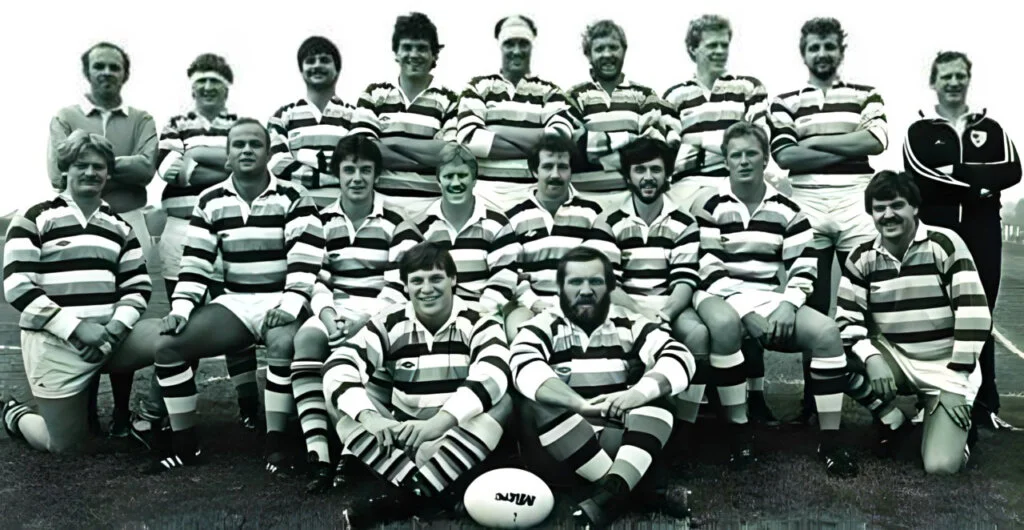
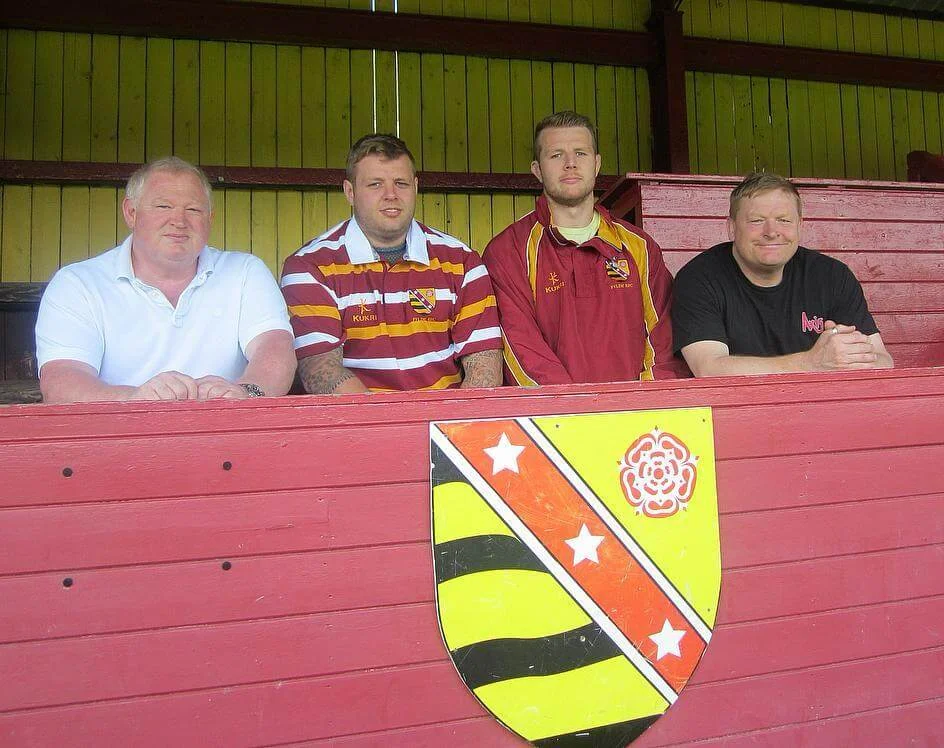
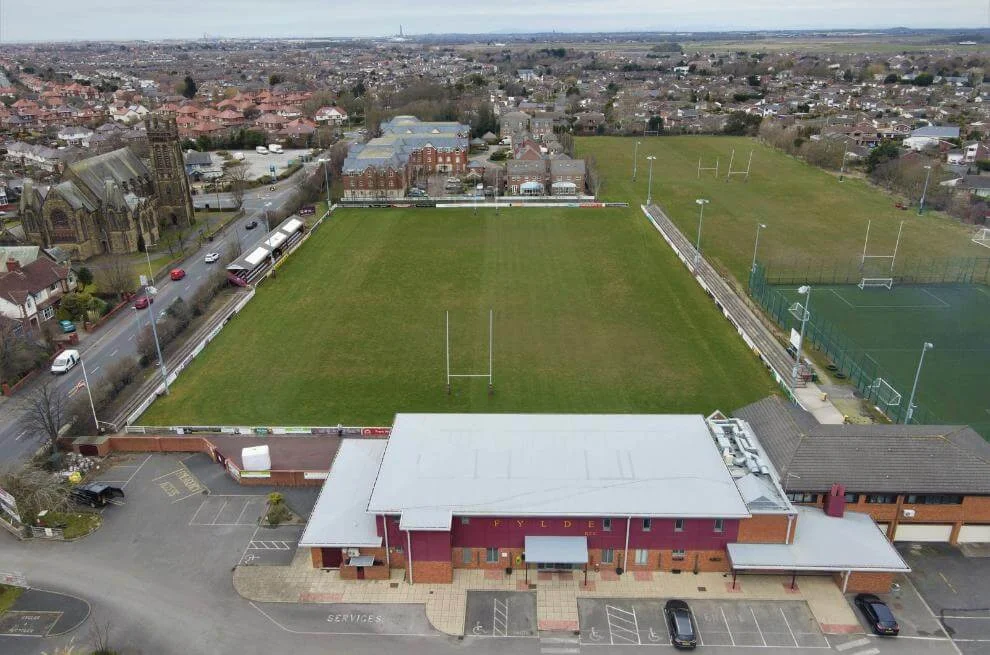
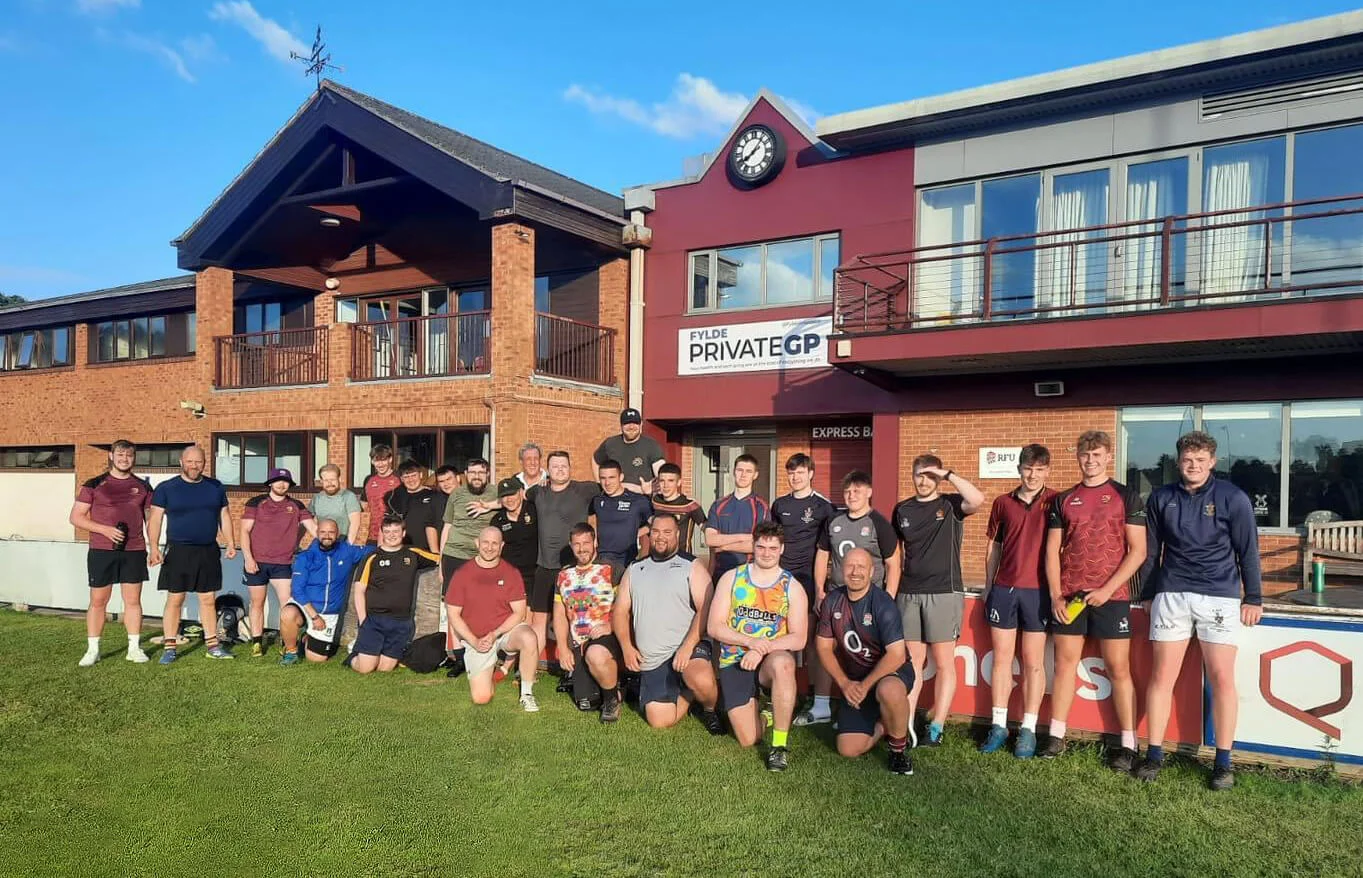
Additional Images © Fylde Ruby Club
Background Image © Deeper Blue Marketing & Design Ltd
Text source: Mark Nelsonwebsite

